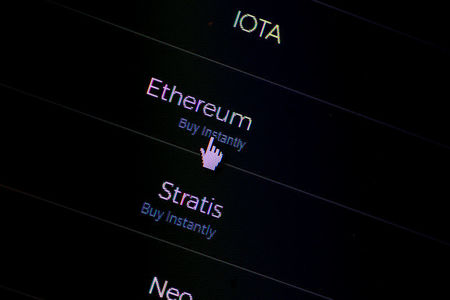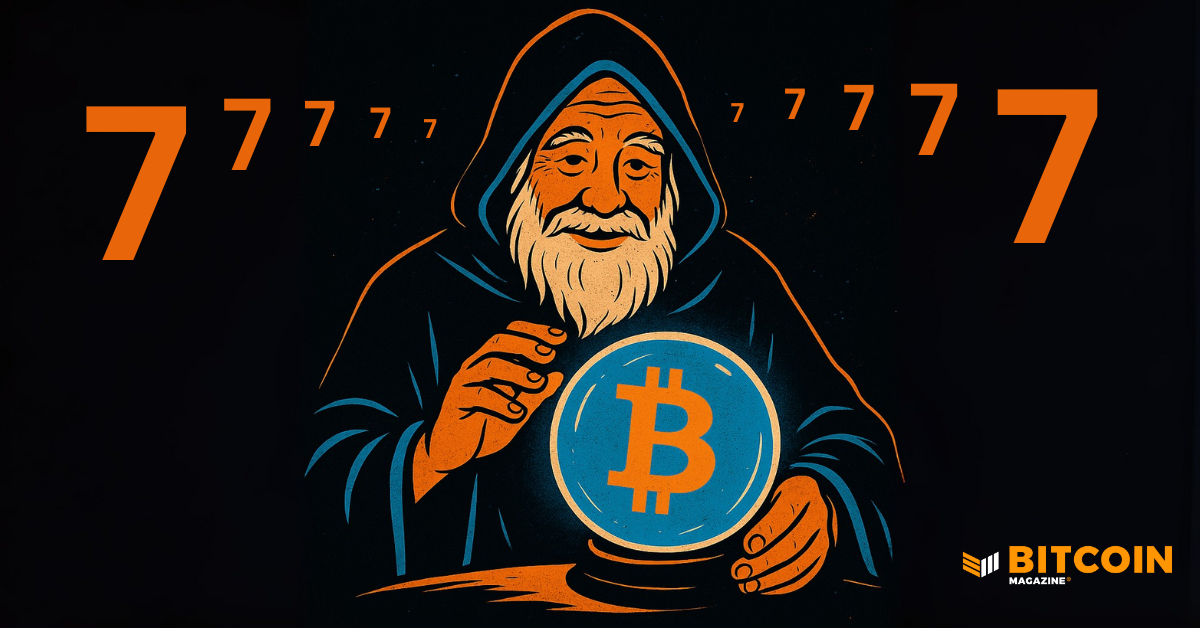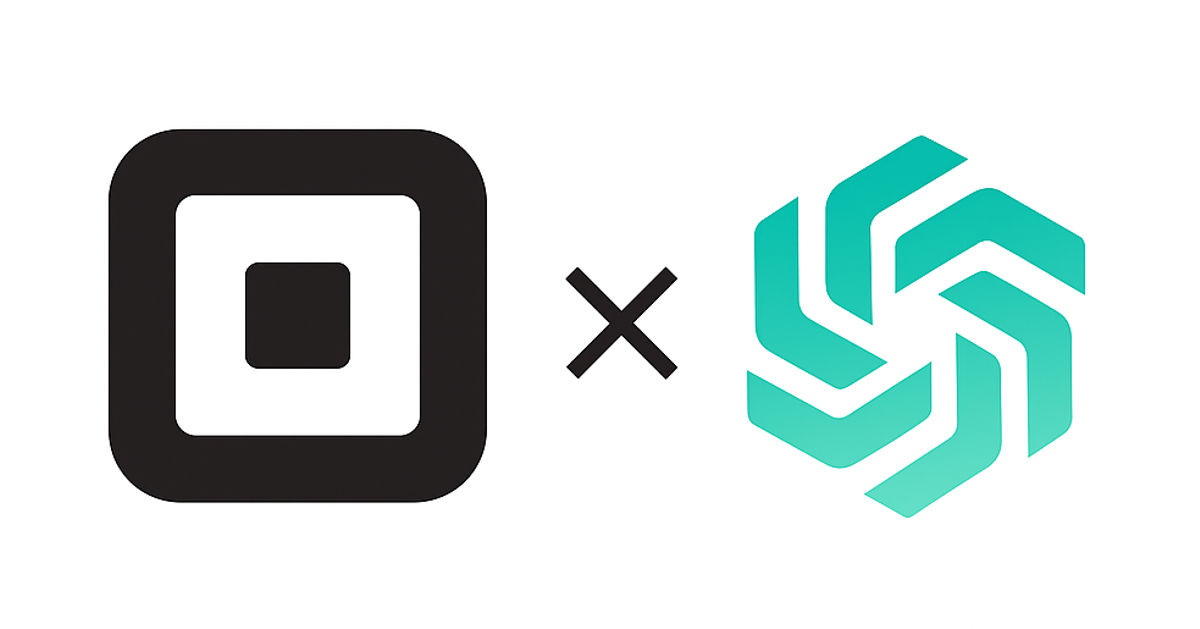Kraken Seeks $500M for Possible IPO
The post Kraken Seeks $500M for Possible IPO appeared on BitcoinEthereumNews.com. U.S. crypto exchange Kraken is reportedly seeking to raise $500 million in a new funding round that would value the firm at a staggering $15 billion. This move, picked up across financial media, signals that institutional appetite for centralized crypto infrastructure is heating up yet again. But behind the headlines and billion-dollar valuations, one truth remains unchanged: if you don’t control your keys, you don’t control your crypto. This has led many investors to ask themselves: what are the best Kraken alternatives with self-custody. To answer that, we need to understand the growing gap between centralized growth and decentralized principles. The Centralized Surge Kraken is one of the most established centralized exchanges in the crypto space, offering fiat on-ramps, staking, margin trading, and custodial services. While it’s known for its regulatory compliance and security record, it’s still a custodial platform, meaning your coins are stored on Kraken’s servers, not in a wallet you control. This new round of funding is likely aimed at expanding Kraken’s reach: acquiring smaller firms, improving product offerings, and positioning itself for a potential IPO in 2026. All good news, for investors in Kraken. But it does little for users who believe in the original purpose of crypto: self-sovereignty. Exchange Custody vs. Self-Custody Kraken’s growth highlights a fundamental dilemma in crypto adoption: Centralized platforms such as exchanges are convenient, familiar, and liquid. Self-custody alternatives such as a private wallet are more secure, decentralized, and trustless. As exchanges like Kraken raise hundreds of millions to scale, the crypto industry runs the risk of falling back into the very system it was designed to escape, the one built on middlemen and third-party trust. That’s why, no matter how sleek the interface or how reputable the brand, the rule still applies: not your keys, not your coins. Relying on…

The post Kraken Seeks $500M for Possible IPO appeared on BitcoinEthereumNews.com.
U.S. crypto exchange Kraken is reportedly seeking to raise $500 million in a new funding round that would value the firm at a staggering $15 billion. This move, picked up across financial media, signals that institutional appetite for centralized crypto infrastructure is heating up yet again. But behind the headlines and billion-dollar valuations, one truth remains unchanged: if you don’t control your keys, you don’t control your crypto. This has led many investors to ask themselves: what are the best Kraken alternatives with self-custody. To answer that, we need to understand the growing gap between centralized growth and decentralized principles. The Centralized Surge Kraken is one of the most established centralized exchanges in the crypto space, offering fiat on-ramps, staking, margin trading, and custodial services. While it’s known for its regulatory compliance and security record, it’s still a custodial platform, meaning your coins are stored on Kraken’s servers, not in a wallet you control. This new round of funding is likely aimed at expanding Kraken’s reach: acquiring smaller firms, improving product offerings, and positioning itself for a potential IPO in 2026. All good news, for investors in Kraken. But it does little for users who believe in the original purpose of crypto: self-sovereignty. Exchange Custody vs. Self-Custody Kraken’s growth highlights a fundamental dilemma in crypto adoption: Centralized platforms such as exchanges are convenient, familiar, and liquid. Self-custody alternatives such as a private wallet are more secure, decentralized, and trustless. As exchanges like Kraken raise hundreds of millions to scale, the crypto industry runs the risk of falling back into the very system it was designed to escape, the one built on middlemen and third-party trust. That’s why, no matter how sleek the interface or how reputable the brand, the rule still applies: not your keys, not your coins. Relying on…
What's Your Reaction?












































